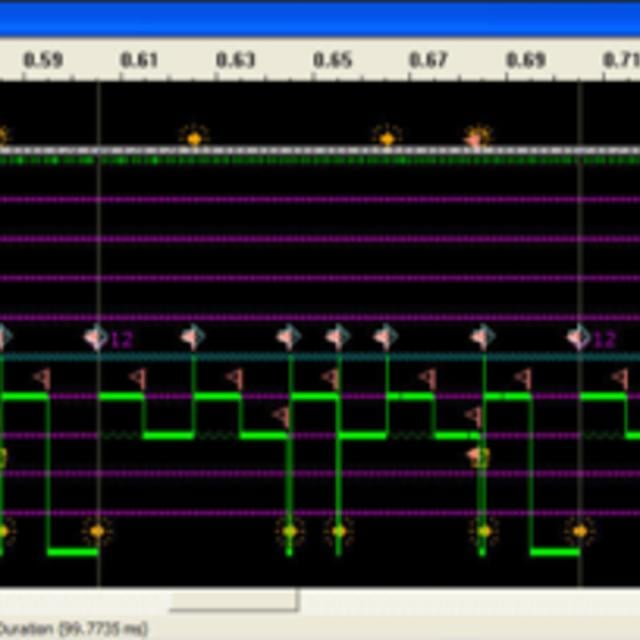MOOC List is learner-supported. When you buy through links on our site, we may earn an affiliate commission.

MOOC List is learner-supported. When you buy through links on our site, we may earn an affiliate commission.
Lab Description: The course requires the student to install embedded Linux on the Raspberry Pi ARM A-Series System-on-Chip processor. This course must be completed using a Raspberry Pi as an embedded system (headless) not a PC running Linux. You will however find Linux as a useful host development system or Windows with an SSH terminal access tool such as Putty, MobaXterm, or equivalent.
Course 1 of 4 in the Real-Time Embedded Systems Specialization.
What You Will Learn
- A beginning practitioner's understanding of rate monotonic theory, analysis, and practices for embedded systeems.
- Implementation of real-time services as POSIX threads.
- Difference between Linux user space and kernel space.
Syllabus
WEEK 1
Exploration of RT Challenges and Concepts
This module gives an introduction to real-time theory , challenges faced in designing real-time systems and scheduling policies implemented while comparing the Linux POSIX real-time threads to RTOS and MFE systems.
WEEK 2
Quality of Service Theory from Best Effort to Hard Real-Time
This module describes the utility curves used for analysis of real-time systems along with Rate Monotonic Scheduling Policy and its Least Upper Bound Condition. It also describes the absolute time and date standards which are critical parameters for real-time services.
WEEK 3
Scheduling and Concept of Real-Time Services
This module covers the methods of sequencing of service requests along with software scheduling and real-time scheduling policies.
WEEK 4
Overview of Real-time hardware architectures and software stacks
This module discusses the use of multi core microprocessors for real-time applications and gives an overview of RTOS Options (Open and Proprietary) and OS with POSIX Real-Time Extensions for real-time systems.
MOOC List is learner-supported. When you buy through links on our site, we may earn an affiliate commission.
MOOC List is learner-supported. When you buy through links on our site, we may earn an affiliate commission.
